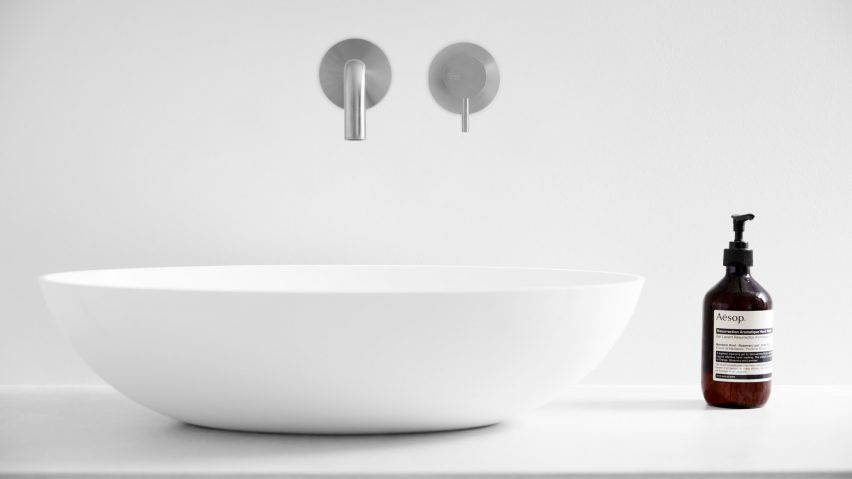
D Line introduces refurbishment service to increase its products' lifecycle to 100 years
Promotion: Danish design brand D Line has introduced a refurbishment service that encourages customers to return worn-out architectural hardware and sanitary ware products so that they can be refinished and refitted like new.
Called Re-handle, the new circular system aims to reduce the brand's carbon footprint by 54 to 91 per cent depending on the product.
D Line's products, which include architectural hardware, sanitary ware and solutions for barrier-free living, each come with a 20-year guarantee. Under the new system, a D Line product can be "re-handled" up to four times.
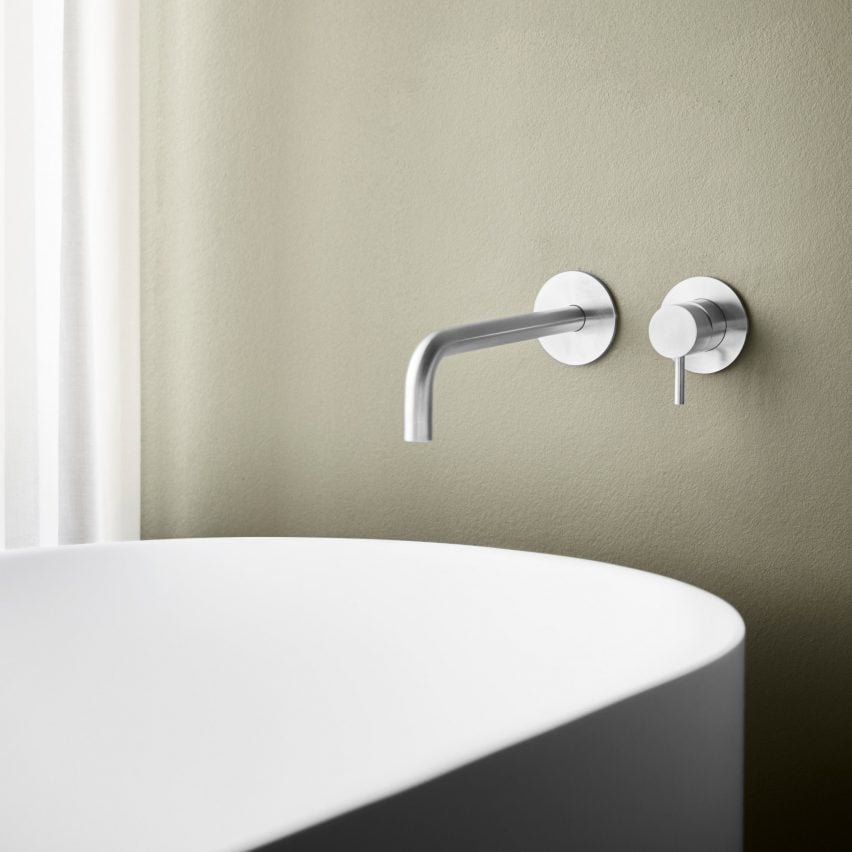
The 20-year product warranty period is renewed with each refurbishment so that each product can now live for a minimum of 100 years, according to D Line.
In addition, the price of a "re-handled" product is 60 per cent lower than a newly produced item and comes with a full disclosure of its carbon footprint to underline exactly what the global warming potential is on a re-handled product compared to a newly produced one.
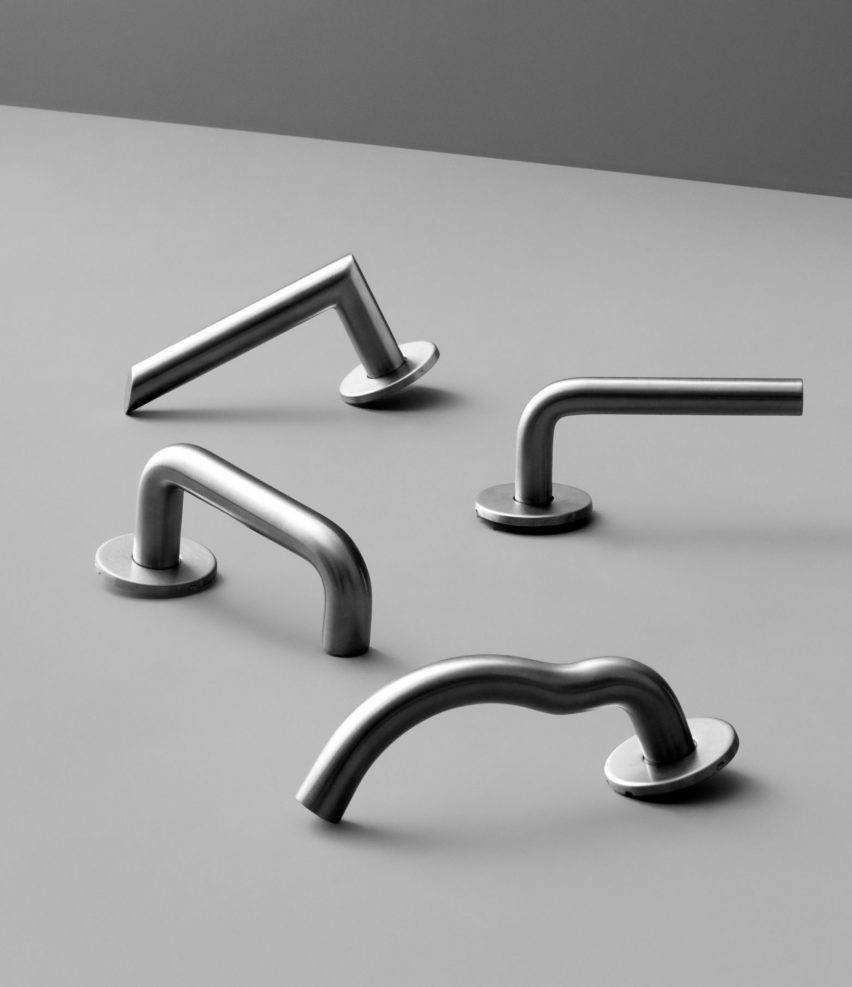
"In this waste-aware environment, architects and specifiers look for solutions that are fully documented and thought within their built environment," said the brand in a statement. "Now more than ever, we see a movement towards data-driven and future-thinking decision-making."
"Whilst Environmental Product Declarations (EPDs) are a powerful tool for taking into account energy and resource consumption as well as environmental impacts over the entire life cycle of a product, it requires that a product is fully declared across the entire life cycle in order to make fully informed decisions," it explained.
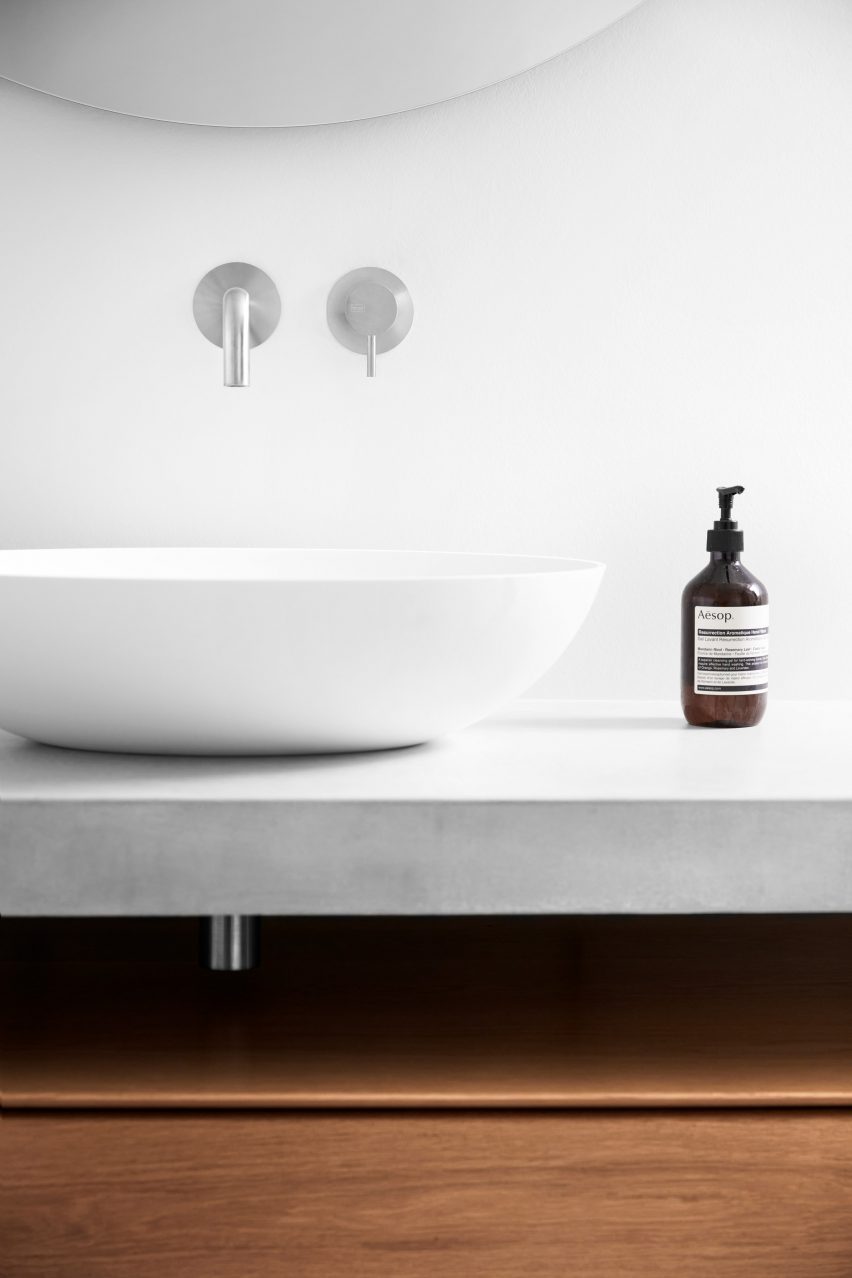
Today, it is only mandatory to declare the product's energy and resource consumption during its production phase and not the rest of its life cycle.
For this reason, D Line has decided to fully disclose the complete global warming potential (GWP) of more than 40 per cent of its portfolio. This takes into account the product's entire product life cycle, from production, use and refurbishment right through to recycling.
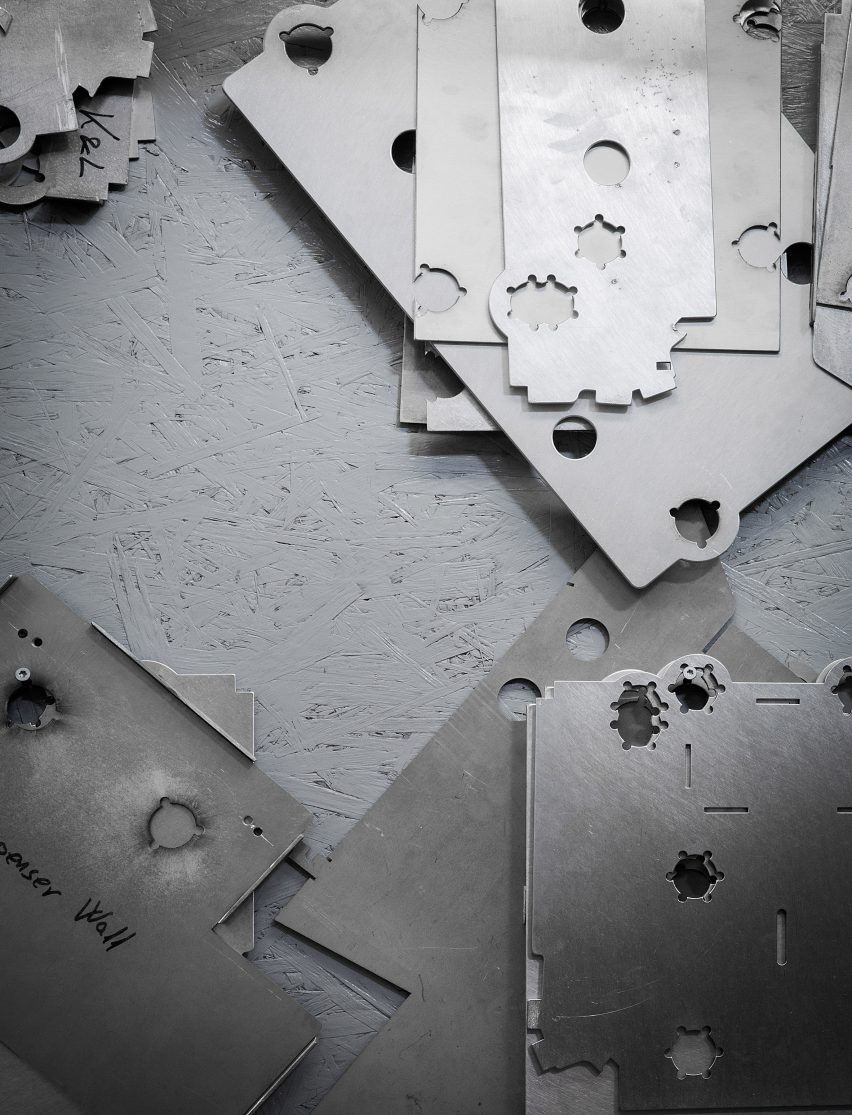
By doing this, D Line says it can confidently state that by refurbishing a D Line product, customers will reduce the carbon footprint between 54 and 91 per cent in comparison to buying new.
Launched in 1971 with a coordinated line of stainless steel architectural products created by Knud Holscher for St Catherine's College in Oxford, D Line is renowned for its unfussy and clean-lined architectural hardware and sanitary ware products created in collaboration with Danish designers including Arne Jacobsen.
The brand said its ambition is to be universally known, coveted and admired for the uncompromising endurance of its design, craftsmanship and quality.
To learn more about D Line's Re-handling system visit its website.
Partnership content
This article was written by Dezeen for D Line as part of a partnership. Find out more about Dezeen partnership content here.